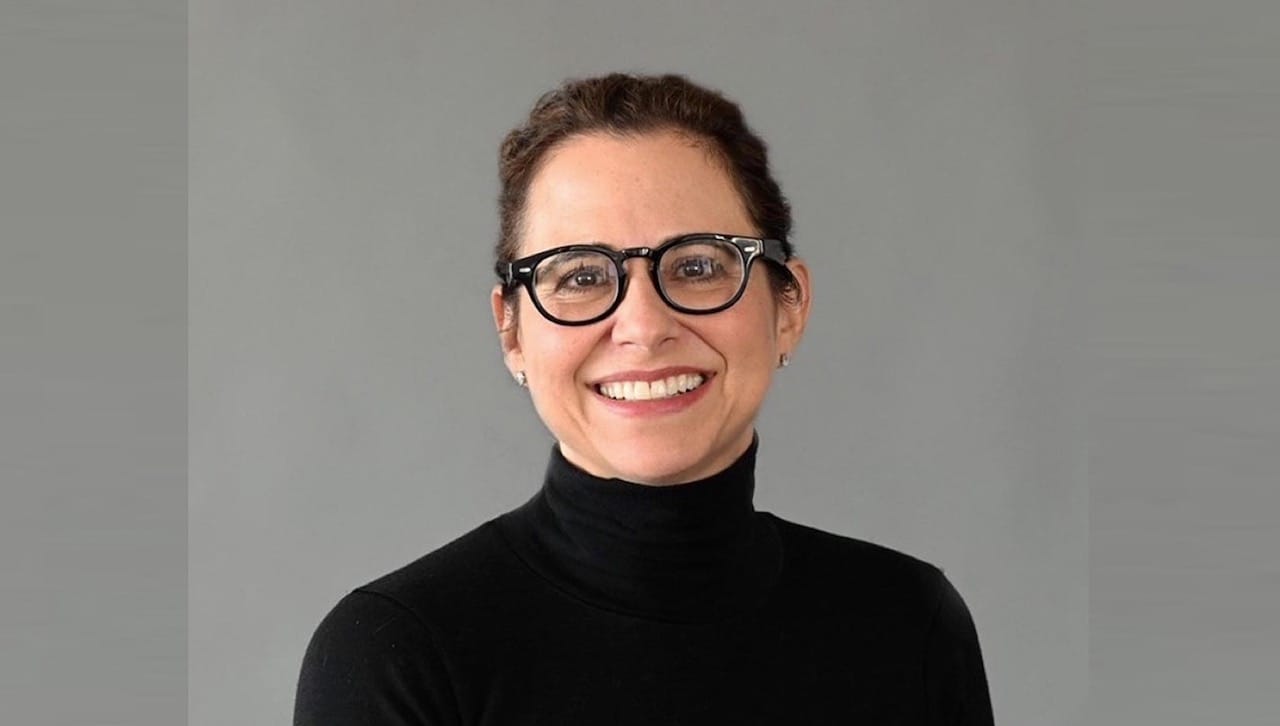Roots of Wealth Discussed at Henry George Seminar

“Where Does Wealth Come From?” will be discussed at The University of Scranton’s 28th Henry George Seminar on Thursday, April 20. The lecture, presented by Sandra E. Black, Ph.D., professor of economics and international and public affairs at Columbia University, will begin at 4 p.m. in the McIlhenny Ballroom of the DeNaples Center. The lecture is free of charge and open to the public.
Dr. Black’s research focuses on the role of early life experiences on the long-run outcomes of children, as well as issues of gender and discrimination. Her more than 40 publications include “Poor Little Rich Kids? The Role of Nature versus Nurture in Wealth and Other Economic Outcomes and Behaviors” (with Paul Devereux, Petter Lundborg, and Kaveh Majlesi), published in the July 2020 issue of Review of Economic Studies; “Apply Yourself: Racial and Ethnic Differences in College Application, Education Finance and Policy” (with Kalena Cortes and Jane Lincove), published in the Spring 2020 issue of Education Finance and Policy; “Born to Lead? The Effect of Birth Order on Non-Cognitive Skills” (with Erik Grönqvist and Björn Öckert), published in the May 2018 issue of Review of Economics and Statistics; and “Why the Apple Doesn’t Fall Far: Understanding the Intergenerational Transmission of Education” (with Paul Devereux and Kjell Salvanes), published in the March 2005 issue of American Economic Review.
According to the abstract to her publication “Like Father, Like Son? A Note on the Intergenerational Transmission of IQ Scores” (with Paul Devereux and Kjell Salvanes), published in Economics Letters in October of 2009, the research finds “that there is substantial intergenerational transmission of IQ scores; an increase in father’s IQ score of 10% is associated with a 3.2% increase in son’s IQ score at age 18.”
Dr. Black is a research associate at the National Bureau of Economic Research (NBER) and the director of the NBER Study Group on Economic Mobility. She is currently an editor of the Journal of Labor Economics and was previously a co-editor and editor of the Journal of Human Resources. From August 2015 to January 2017, she served as a member of President Obama’s Council of Economic Advisers.
Prior to her position at Columbia University, Dr. Black worked as an economist at the Federal Reserve Bank of New York, as a professor in the Department of Economics at UCLA, and held the Audre and Bernard Centennial Chair in Economics and Public Affairs in the Department of Economics at the University of Texas at Austin. She received her bachelor’s degree from the University of California at Berkeley and her Ph.D. in economics from Harvard University.
Considered the preeminent public lecture series on economics in Northeastern Pennsylvania, the Henry George Seminar Series is presented by the University’s Department of Economics, Finance and International Business and the campus chapter of Omicron Delta Epsilon, an international honor society for economics. Among the distinguished list of speakers who have spoken at previous seminars are Robert Frank (Cornell University), R. Glenn Hubbard (Columbia University), Edward T. O’Donnell (College of the Holy Cross). Robert N. Stavins (Harvard University) and Angus Deaton (Princeton University). Dr. Deaton was awarded the Nobel Prize in Economics in 2015.
The seminar series is named in honor of the 19th century American economist and social reformer and is supported financially by a grant from the Robert Schalkenbach Foundation.
For more information about the Henry George Seminar, call 570-941-4048 or email janice.mecadon@scranton.edu.






